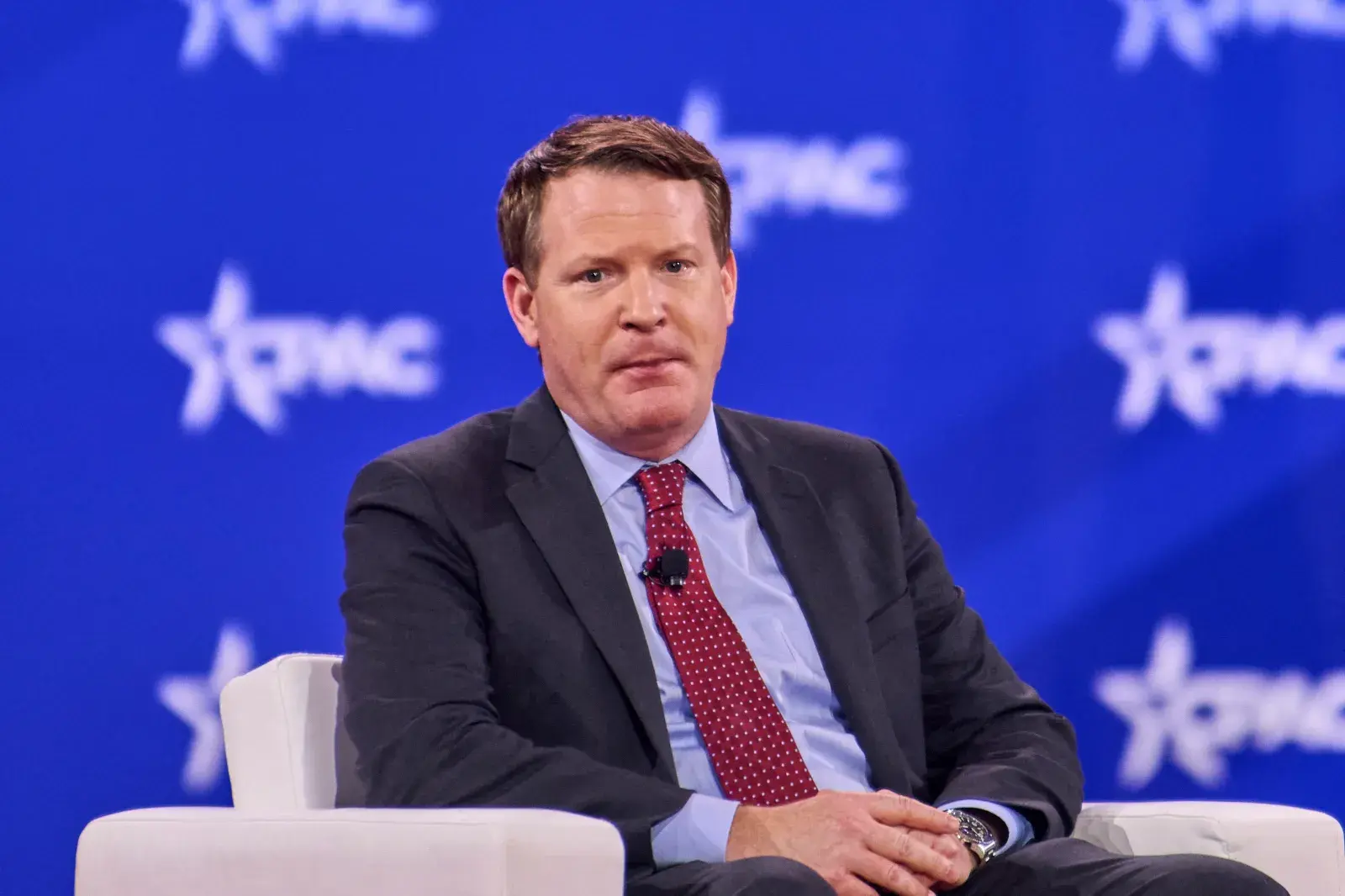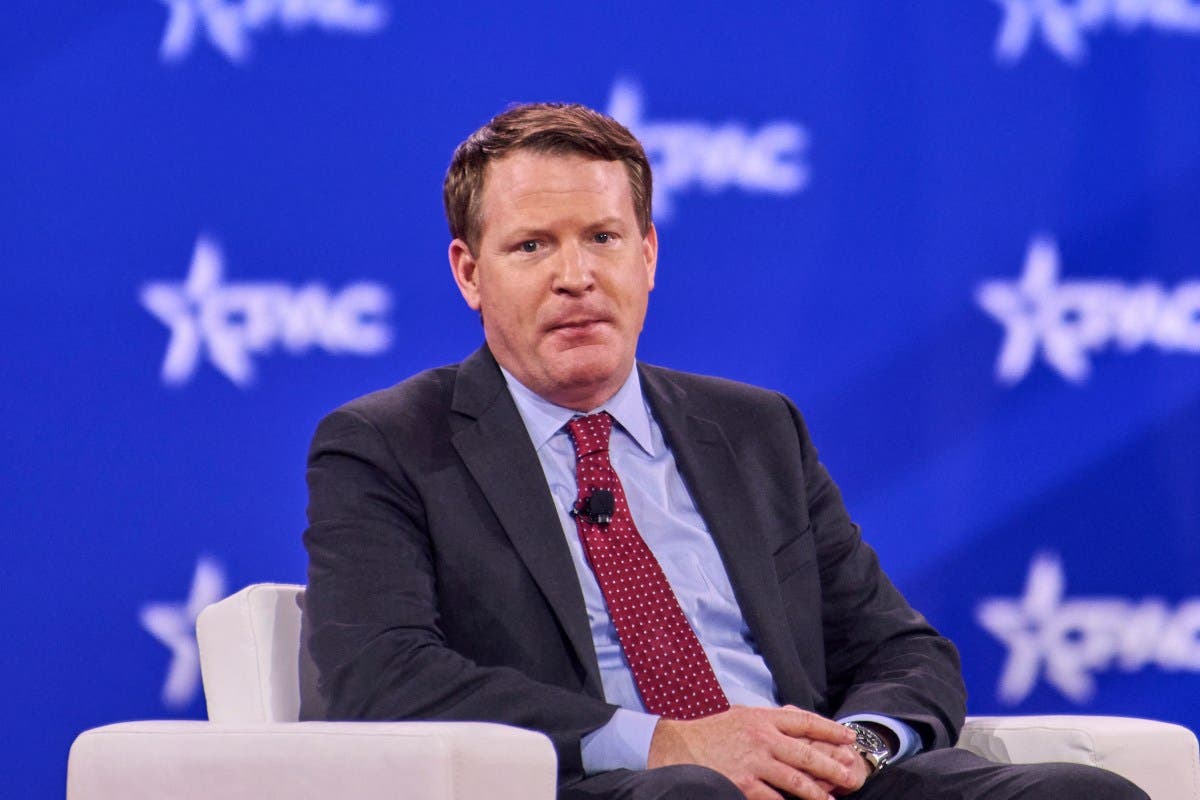A federal grand jury will convene in Florida in January 2026 amid claims from Mike Davis, a Donald Trump ally, that it will investigate what he describes as a years-long effort to undermine the president.
The empanelment follows an order from the chief judge of the U.S. District Court for the Southern District of Florida, though the court order itself does not specify the purpose of the panel.
Newsweek contacted Davis and the U.S. Attorney’s Office for the Southern District of Florida for comment via email outside normal office hours on Monday.
Why It Matters
The empanelment of a new federal grand jury in Florida has taken on outsized political significance after Davis claimed it will investigate what he calls a conspiracy against the president.
While court documents show only a routine order to seat the jury in January, Davis’ assertions—and his reported ties to officials in the U.S. Attorney’s Office —have fueled questions about whether Trump’s allies are seeking to direct federal law enforcement toward political retribution.
The episode underscores how even standard judicial procedures can become flashpoints in the ongoing debate over the independence of the justice system during Trump’s second term.
 What To KnowWho Is Mike Davis?
What To KnowWho Is Mike Davis?
Davis is a former Republican Senate Judiciary Committee aide who served under Senator Chuck Grassley and played a key role in shepherding Trump’s judicial nominees through confirmation.
He later founded the Article III Project, a conservative advocacy group focused on defending judicial nominees and promoting what he calls “constitutional judges.”
A frequent media commentator, Davis has become one of the president’s most visible defenders and was reportedly considered for a Justice Department role in the second Trump administration.
Grand Jury Order And Empanelment
According to Administrative Order 2025-74, issued by Chief U.S. District Judge Cecilia M. Altonaga on September 26, two new federal grand juries will be seated in the Southern District of Florida—one in Fort Lauderdale and another in Fort Pierce—both scheduled to begin sitting on January 12, 2026.
The order notes that the grand juries were requested by Jason A. Reding Quiñones, the U.S. attorney for the district.
Davis’ Claims And Political Context
The empanelment gained national attention after Davis said in multiple podcast interviews that one of the grand juries will focus on what he calls a “decade-long conspiracy” by Democrats to use the legal system to harm Trump.
Davis made the comments during appearances on shows hosted by conservative commentators Benny Johnson and The Charlie Kirk Show, where he said he had “pushed very hard” for such an inquiry.
“I’ve been publicly calling for this for three years,” Davis told Johnson last week. “I’m going to make damn sure that these lawfare Democrats go to prison during…President Trump’s second term. Justice is definitely coming.”
While Davis does not hold any government position, he said his “buddy” Quiñones initiated the motion to empanel the Fort Pierce grand jury. Court filings confirm only the establishment of the grand jury, not the nature of its mandate. The order does not reference Trump or any specific investigation.
Grand juries are routinely convened in federal districts to hear evidence in a range of criminal matters.
In his interviews, Davis suggested that the grand jury could consider potential criminal charges under 18 U.S.C. § 241, a federal statute prohibiting conspiracies to interfere with civil rights. He argued that officials, including former U.S. Attorney General Merrick Garland, former U.S. Deputy Attorney General Lisa Monaco, former FBI Director Christopher Wray and former special counsel Jack Smith, should be called to testify.
“They took the country to the brink,” Davis said on Johnson’s program, alleging a coordinated effort to “bankrupt Trump” and “throw him in prison four times for non-crimes.”
None of four has commented publicly on Davis’ assertions.
Legal And Political Implications
Davis’ remarks align with recent statements from Trump, who has called for investigations into Democrats and law enforcement officials he claims targeted him unfairly.
“These Radical Left Lunatics should be prosecuted for their illegal and highly unethical behavior,” Trump wrote on social media the same weekend Davis’ comments aired.
The Fort Pierce courthouse where the new grand jury will meet is the same venue where Trump appeared in connection with the classified documents case that was dismissed before the 2024 election. Davis has cited that case as an example of what he calls the “lawfare” campaign against the president.
While federal grand juries operate in secrecy, any connection between their proceedings and political claims remains speculative unless confirmed by official sources.
The Justice Department has not announced any new investigations involving Trump’s political opponents in Florida.
As of late October, no indictments or subpoenas have been reported in connection with the new panels.
The empanelment order remains a procedural document, and its purpose—whether related to Davis’ claims or to other routine matters before the court—has not been publicly disclosed.
What People Are Saying
Mike Davis, on October 17 on The Charlie Kirk Show: “I would say to those lawfare Democrats to lawyer up, because, as I’ve said for the last three years, three years, very publicly, since the Mar-a-Lago raid, justice is definitely coming. I have pushed very hard for this for the last three years, and I’m going to push very hard for this for the next four years, very public quickly. People, I’m a dog barking down the street, you know.”
President Donald Trump, in a Truth Social message to U.S. Attorney General Pam Bondi, reported by Newsweek: “We can’t delay any longer, it’s killing our reputation and credibility… They impeached me twice, and indicted me (5 times!), OVER NOTHING. JUSTICE MUST BE SERVED, NOW!!!”
What Happens Next
The grand jury in Fort Pierce will operate in secrecy, leaving uncertainty about whether it relates to Davis’ claims of a conspiracy against Trump or routine federal matters. The Justice Department has not commented, and unless indictments or subpoenas become public, its purpose may remain unclear.
Still, the move is already politically charged. Supporters see it as potential accountability for what they call “lawfare” against Trump, while critics warn it could signal the politicization of the justice system in his second term—ensuring that even a routine court order becomes part of a broader fight over the independence of federal law enforcement.

